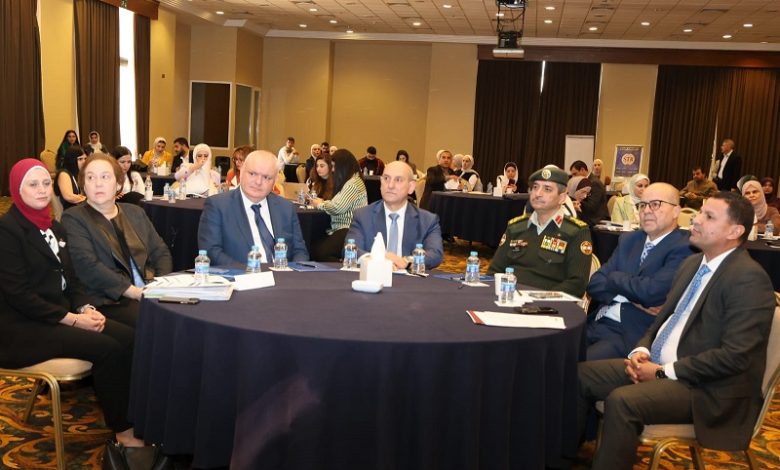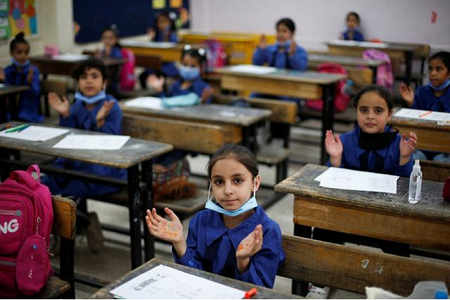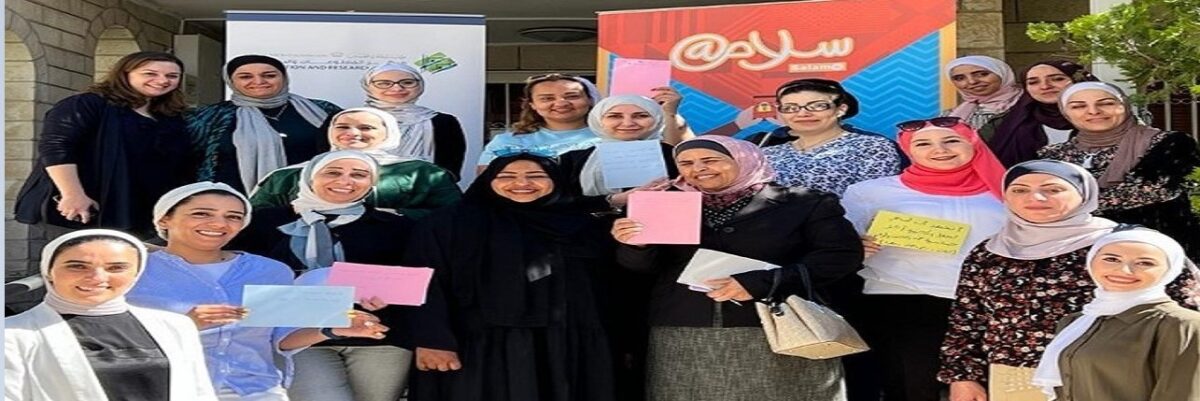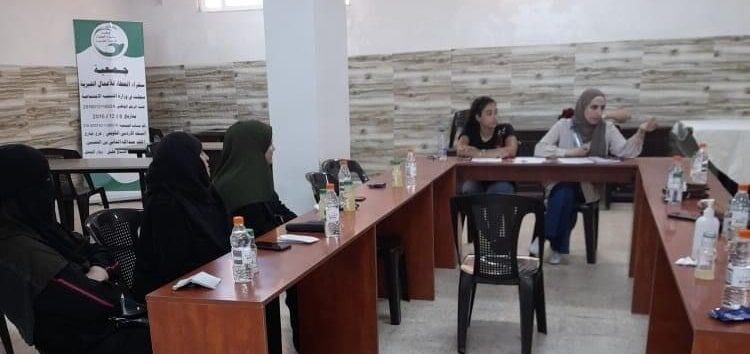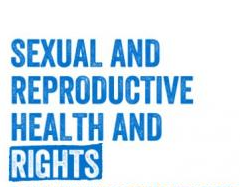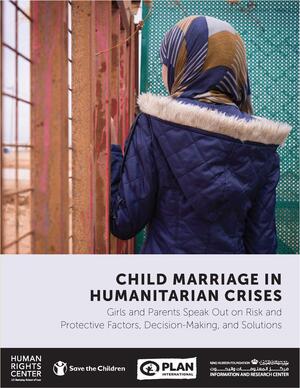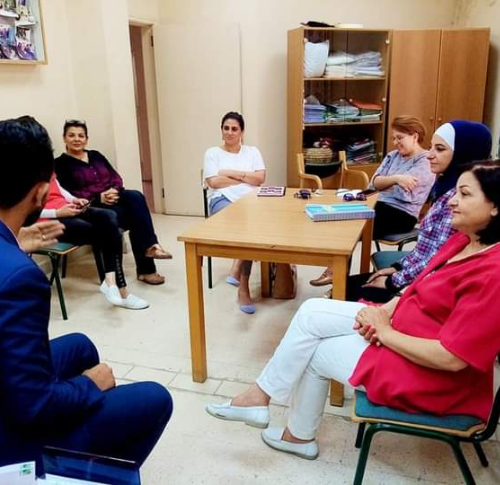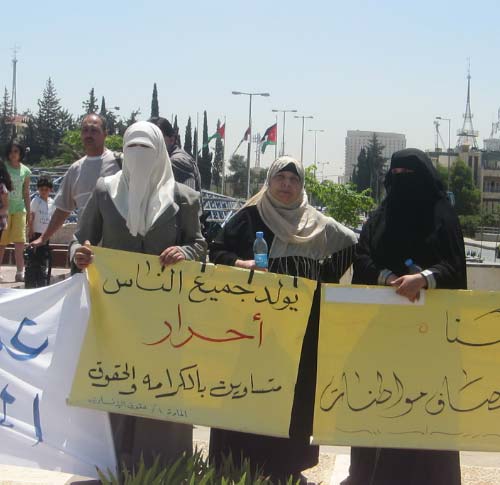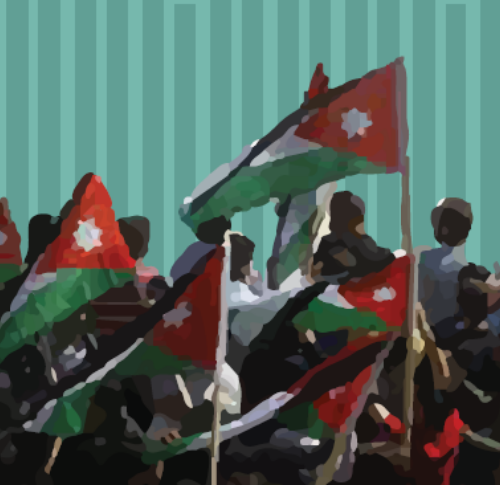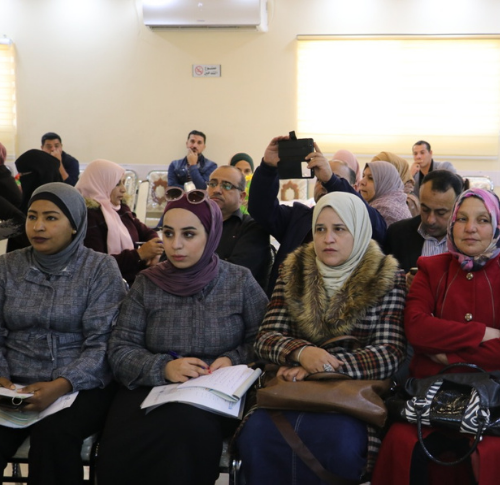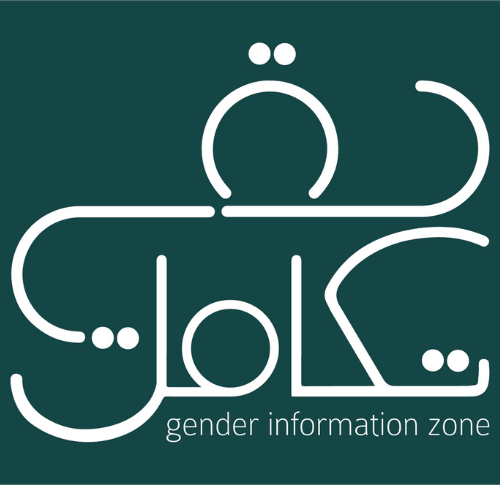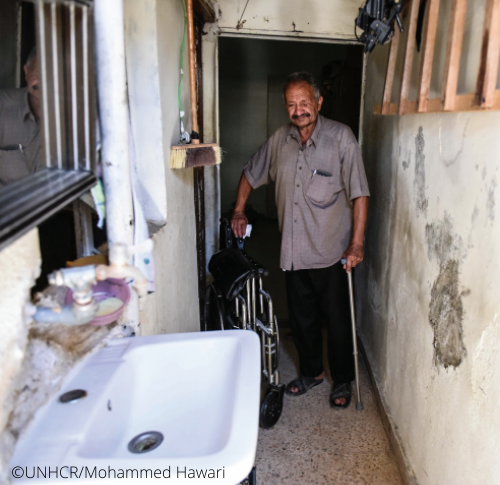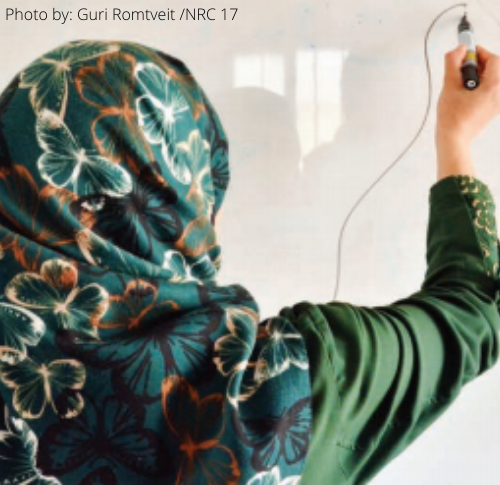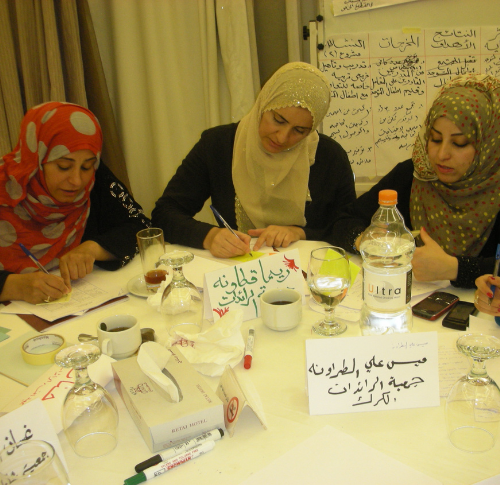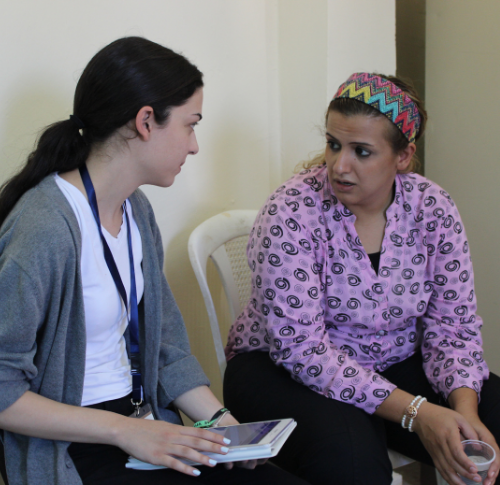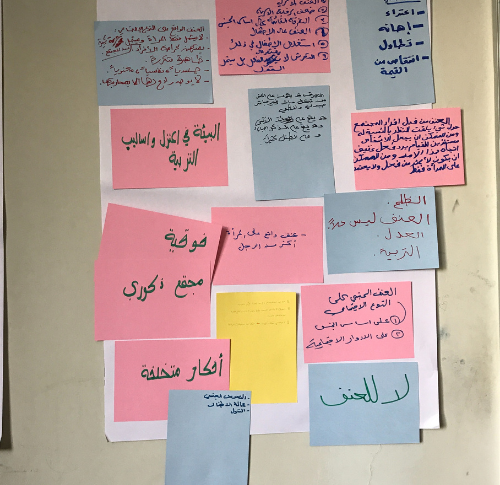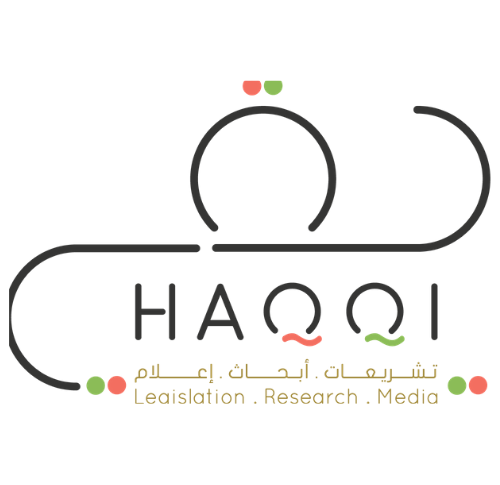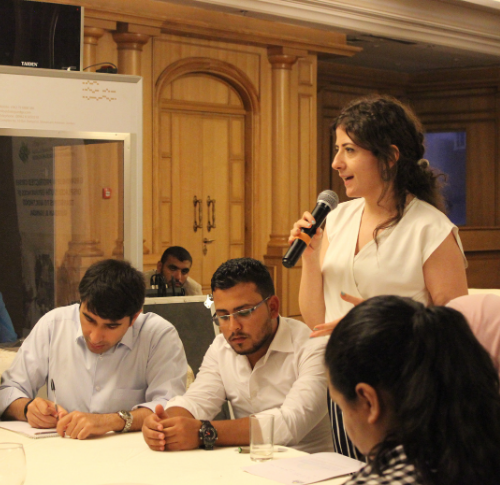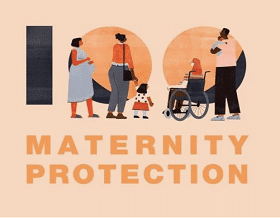
Jordan did not ratify the Maternity Protection Convention, 2000 (No. 183), but has ratified other international and regional conventions that affirm this protection including the Covenant on Economic, Social and Cultural Rights (CESCR), the Conventions on the Elimination of All Forms of Discrimination against Women (CEDAW), the Convention on the Rights of the Child (CRC) and the Arab Charter on Human Rights.
Despite the absence of a provision defining the legal value of international treaties, the Jordanian judiciary has established that treaties transcend laws whether they were approved by Parliament or those deemed not needing this approval. The Constitutional Court also affirmed that It is not permissible to issue a law that completely contradicts the obligations established by a treaty ratified by law.
This Gap Analysis aims to examine to what extent maternity protection exist in Jordan in the legal framework that governs all working women and the practice of implementing such protection. To reach this aim, every category of working women will be examined separately as different legislation applies to each of them. The maternity protection for each category will be compared with international labor standards as stipulated in the ILO Convention No. 183 and Recommendation No. 191 on Maternity Protection that comprise five core elements of maternity protection:
- Maternity leave- Cash and medical benefits
- Health protection at the workplace
- Employment protection and non-discrimination
- Breastfeeding arrangements

;)
